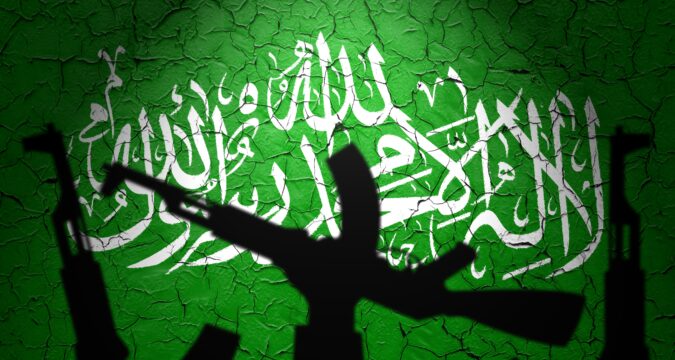
Key Insights:
- Investigations expose Hamas’ global financial network, spanning from the Middle East to Western Europe, funding militant activities through real estate.
- International sanctions target Hamas’ luxury lifestyle-funded empire, contrasting starkly with Gaza’s hardship, aiming to sever their economic lifelines.
- Global crackdown intensifies on Hamas’ real estate ventures, revealing a complex web of investments used to fund operations and evade detection.
Recent investigations have shed light on an intricate financial network operated by Hamas, revealing a global empire of real estate and construction businesses that span across several continents. This complex operation, which has been instrumental in funding the group’s activities, underscores the sophisticated economic strategies employed by Hamas and poses significant challenges for international efforts aimed at curtailing its financial capabilities.
Construction companies and real estate ventures worth hundreds of millions of dollars strategically positioned in various countries are at the heart of this operation. These include key Middle Eastern nations such as Turkey, the United Arab Emirates, Algeria, Saudi Arabia, and Sudan, with recent expansions hinting at a move into Western Europe, particularly Spain. The linkage of these businesses to Hamas has been substantiated by the U.S. Treasury Department, which has identified numerous individuals and entities associated with these operations as part of the militant group’s extended financial arm.
International Crackdown and Sanctions
Following these disclosures, the global community, spearheaded by the U.S., has intensified actions to dismantle the economic foundations of Hamas. The Biden administration has launched the Rewards for Justice Program, offering significant financial incentives for information that could lead to the unraveling of Hamas’ economic networks. This initiative is a key component of a wider effort that sanctions individuals and entities associated with Hamas to cut off the financial streams supporting the group’s aggressive actions.
The uncovering of this extensive financial web has also cast a spotlight on the significant contrast between the affluent lifestyles enjoyed by Hamas’ top officials and the severe hardships faced by Gaza’s residents. Key figures within Hamas are deeply engaged in profitable ventures worldwide, enjoying wealth and luxury, while the people of Gaza suffer from extreme conditions. This stark contrast has sparked criticism and demands for more targeted actions to dismantle the group’s financial base, ensuring that measures do not harm the civilian populace.
Exploiting Global Real Estate Markets
The choice of real estate and construction as key components of Hamas’ financial strategy is particularly noteworthy. These sectors offer avenues for laundering and obfuscating funds, given their relatively lax regulatory oversight on a global scale. Projects like the AG Plaza in Istanbul and various upscale residential developments in Turkey and the UAE are facades for the group’s financial maneuvers, allowing them to channel funds into militant operations while masquerading as legitimate businesses.
Moreover, the extension of Hamas’ financial operations into Western Europe, with the establishment of a company in Spain, marks a strategic evolution in safeguarding its financial assets from international sanctions and scrutiny. This move suggests a deliberate attempt to embed its economic activities within Western nations’ legal and business frameworks, thereby complicating efforts to trace and dismantle these financial networks.
Global Response and the Path Forward
The global reaction to the exposure of Hamas’ extensive financial operations has been diverse, encompassing a range of actions from sanctions and diplomatic initiatives to specific economic tactics designed to weaken the group’s financial foundations. Yet, Hamas’s economic network’s intricate and widespread nature presents considerable obstacles to these initiatives. To combat these challenges effectively, there is a pressing need for stronger global partnerships, more rigorous regulatory frameworks, and unified actions to seal the gaps that permit such organizations to misuse international financial systems.
The revelation of Hamas’ expansive operations in the real estate and construction sectors has starkly highlighted the group’s elaborate financial maneuvers and the difficulties they create for global stability and safety. The international community is actively working to dismantle this network, focusing on bolstering global cooperation and refining financial regulations to hinder the flow of funds toward militant endeavors.


